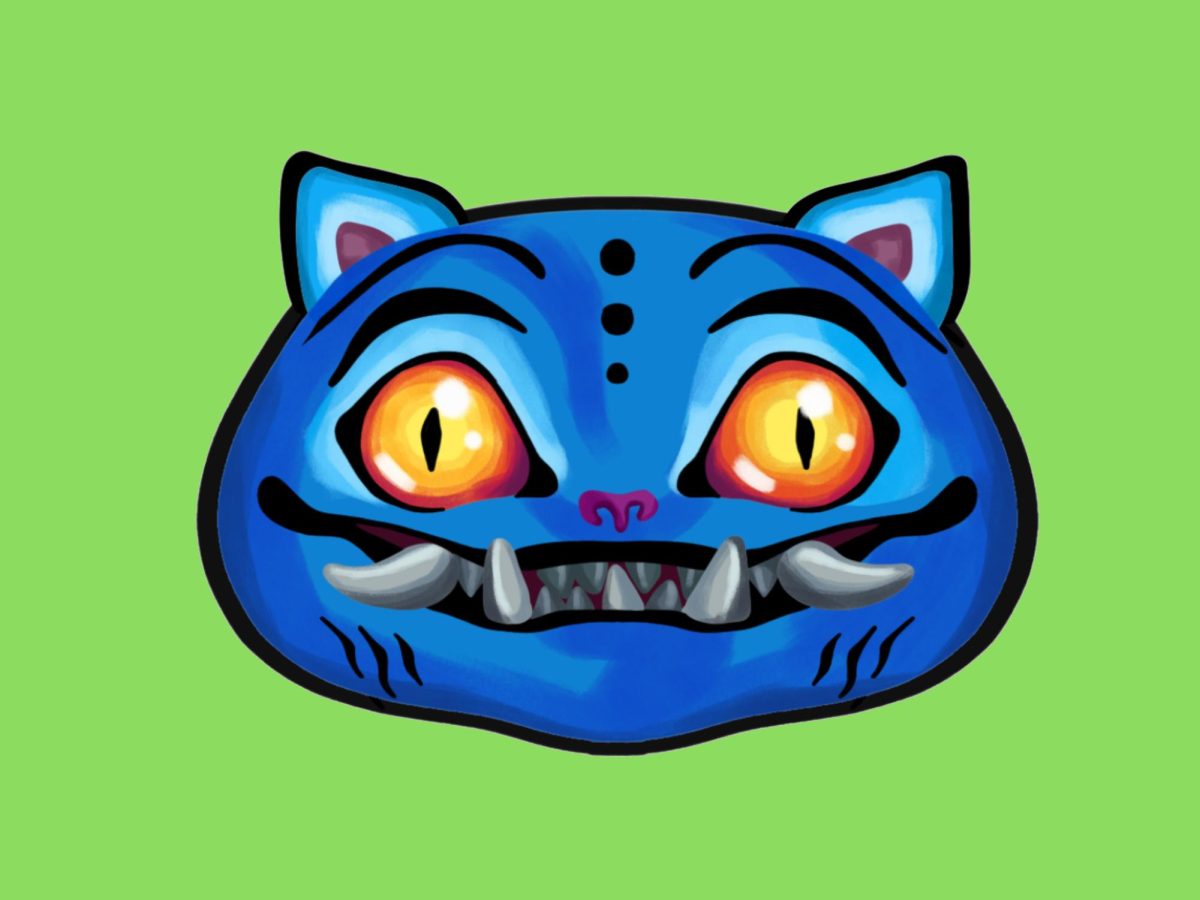It’s official: “KPop Demon Hunters” has taken over the world.
Gaining a cult-like following by captivating children, teens and adults, “KPop Demon Hunters” follows a fictional K-pop girl group called “HUNTR/X”. The lead singers, Rumi, Zoey and Mira, are demon hunters who have followed in the stead of previous ones throughout Korean history. They learn that their rival group, a boy band called the “Saja Boys,” are demons. The movie quickly became an international sensation, garnering 33 million views in the first two weeks of its Netflix release in June, according to the BBC.
Yet my first thought, when I heard about “KPop Demon Hunters”?
What a stupid movie name. Sounds like a low-budget, trashy piece of “Oh no, our culture is deteriorating” type of movie.
But I kept hearing about it. My older cousin told me we should watch it once I get home from vacation. The internet came up with about a trillion fan theories and edits. Then suddenly, I was listening to “Golden,” a song from “KPop Demon Hunters” that somehow found its way onto the pop radio.
So finally, two months after I had first learned of its existence, I decided to watch.
There was no going back. The cheesy graphics, lyrics written for Gen Alpha (“Mirror, mirror on my phone, who’s the baddest?/Us, hello?” in “How It’s Done”) and silly plot meshed together to make a movie that I absolutely loved.
Ever since then, I’ve listened to the soundtrack on repeat, which should be embarrassing, but for some reason, isn’t. My friends and I even decided to be menaces to society by rolling down all the car windows and blasting the songs on the stereo (we were side-eyed at the stoplights as we sang the chorus of “Golden”).
Despite me completely buying into the hype, I’m still dumbfounded on how I became obsessed.
What about three demon hunters, disguised as a K-pop girl group, intrigued me, a person who doesn’t even listen to K-pop?
“KPop Demon Hunters” has broken multiple movie and music world records. On Aug 26, a mere 67 days after the movie was released, “KPop Demon Hunters” passed “Red Notice” (2021) as the most streamed film on Netflix with 236 million views. During the Aug 23 weekend, Netflix brought the movie to the theater for a special sing-along—as a result, Netflix earned its first box office hit, making a suspected 17-18 million dollars, according to Hollywood Reporter.
I believe this unprecedented success can be attributed to two main factors: the never-ending power of social media, and the music.
In my case, just hearing about the movie was not enough to make me watch it. I’ve gotten lots of movie recommendations, and I’ve watched very little of them. What changed and had me watch this movie was the internet theories. Hearing that the main antagonist demon was perhaps Rumi’s father or that each demon in the Saja Boys represented a trope of K-pop was intriguing enough for me to consider watching.
The final kicker was the music. It was catchy, bubbly and written by actual, successful K-pop songwriters: EJAE, who sang Rumi’s parts in songs (Arden Cho voiced Rumi’s spoken lines) and co-wrote “How It’s Done,” “Golden,” and “Your Idol”, has worked with girl groups like TWICE (who has two songs in the official album) and aespa. Another includes Lindgren, who co-wrote “Takedown” and has worked with groups such as BTS, TWICE and TXT.
By bringing in experienced K-pop songwriters, the songs in this movie aren’t cheesy or “just-for-kids.” Rather, these songs sound like real K-pop and the charts prove it.
“Golden,” a song that is, admitably, stuck in my head, has been in the Billboard Top 100 since Jul 5 and in the top ten since the week of Jul 19. Additionally, the “KPop Demon Hunters” soundtrack became the first to ever have four simultaneous songs appear in the top ten on Billboard.
What is so fascinating about the success of “KPop Demon Hunters” is its ability to appeal to an older audience who typically turn their noses up to modern children’s movies. It’s the little things about this movie that makes it such a phenomenon: the Met Gala joke, Rumi using a different mirror from Zoey and Mira because she lost it earlier in the movie, and the attention to detail of the girls when they do not have makeup on. While this may fly over the heads of the six-year-olds watching, this does appeal to those who are older and look for that attention to detail.
It’s important to note that while it was Sony who originally created “KPop Demon Hunters,” the company later sold the rights to Netflix, believing that the movie would flop.
Oh, how wrong they were.








































